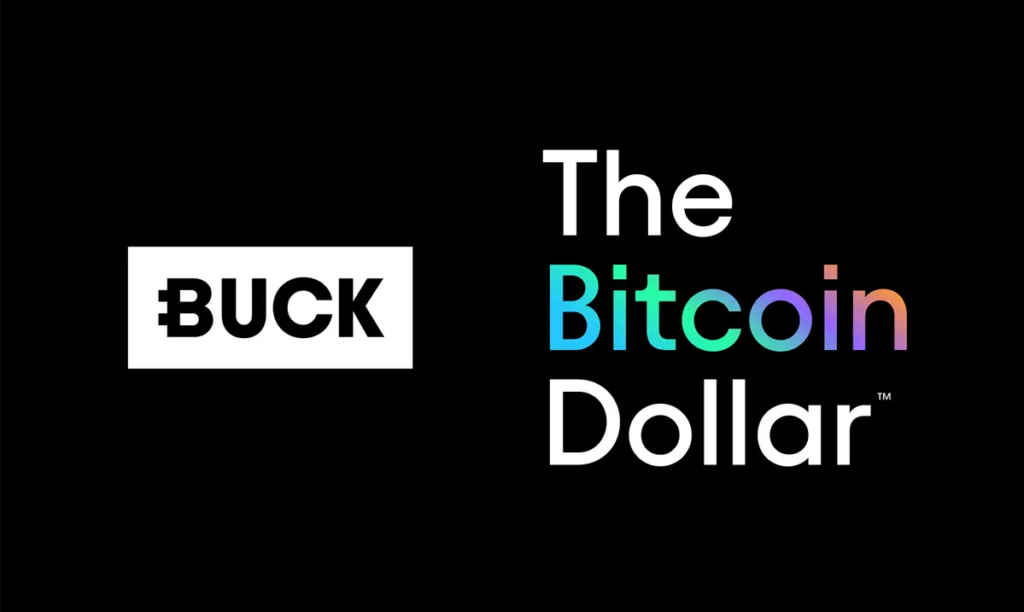The race for a Bitcoin Exchange Traded Fund (ETF) is heating up as financial giant BlackRock edges closer to launching its own ETF.
However, the company is facing scrutiny from the U.S. Securities and Exchange Commission (SEC) over its plan to utilize a third-party broker and Coinbase as a custodian.
As the year comes to a close, BlackRock, along with other applicants, is fine-tuning its ETF application. The Bitcoin ETF has been a highly anticipated development in the crypto space, and BlackRock’s entry into the arena adds an extra layer of excitement.
One notable aspect of BlackRock’s plan is the inclusion of a “Prime Execution Agent,” a third-party broker responsible for handling Bitcoin transactions on behalf of the ETF funds. This approach has raised eyebrows at the SEC, which appears to be cautious about this particular method.
The role of the Prime Execution Agent is to execute the buying and selling of Bitcoins for BlackRock. However, the SEC has expressed uncertainty and reservations about this approach.
In its filing, BlackRock mentioned that no ETF shares would be issued unless the Bitcoin Custodian or Prime Execution Agent allocates the corresponding amount of Bitcoin to the Trust’s account.
While BlackRock has not disclosed the identity of the third-party broker, it previously mentioned Coinbase as the custodian in its ETF filing back in June.
However, Coinbase is currently entangled in a legal battle with the SEC, which could add complexity to BlackRock’s plans.
Observers in the industry note that the SEC is leaning towards the “Cash Create” method for ETF share creation over the “in-kind” method. This preference may have implications for how ETF shares are created and redeemed.
Despite the challenges and uncertainties, analysts like Eric Balchunas and Seyffart believe that the SEC approvals could be announced by early January.
Seyffart, in particular, expressed confidence with a 90% chance of approval by January, though some issuers’ ETFs might face delays in approval.



